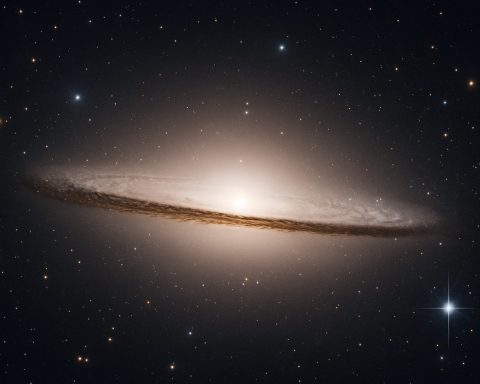Astronomical Phenomena
Astronomical phenomena refer to significant events or occurrences in the universe that can be observed from Earth or through the use of telescopes and other instruments. These phenomena include a wide range of events such as solar and lunar eclipses, meteor showers, comets, supernovae, planetary transits, and the movements of celestial bodies throughout the night sky.Astronomical phenomena can be classified into various types based on their nature and cause, including transient events (like supernovae), periodic events (like eclipses and meteor showers), and predictable movements (like planetary orbits). They are essential for scientific research as they provide insights into the laws of physics, the origins of celestial objects, and the dynamics of the universe.Studying these phenomena helps astronomers understand the formation and evolution of stars, galaxies, and other cosmic structures, as well as the fundamental processes governing the universe. The observations of such events contribute significantly to our knowledge of astrophysics and cosmology.















